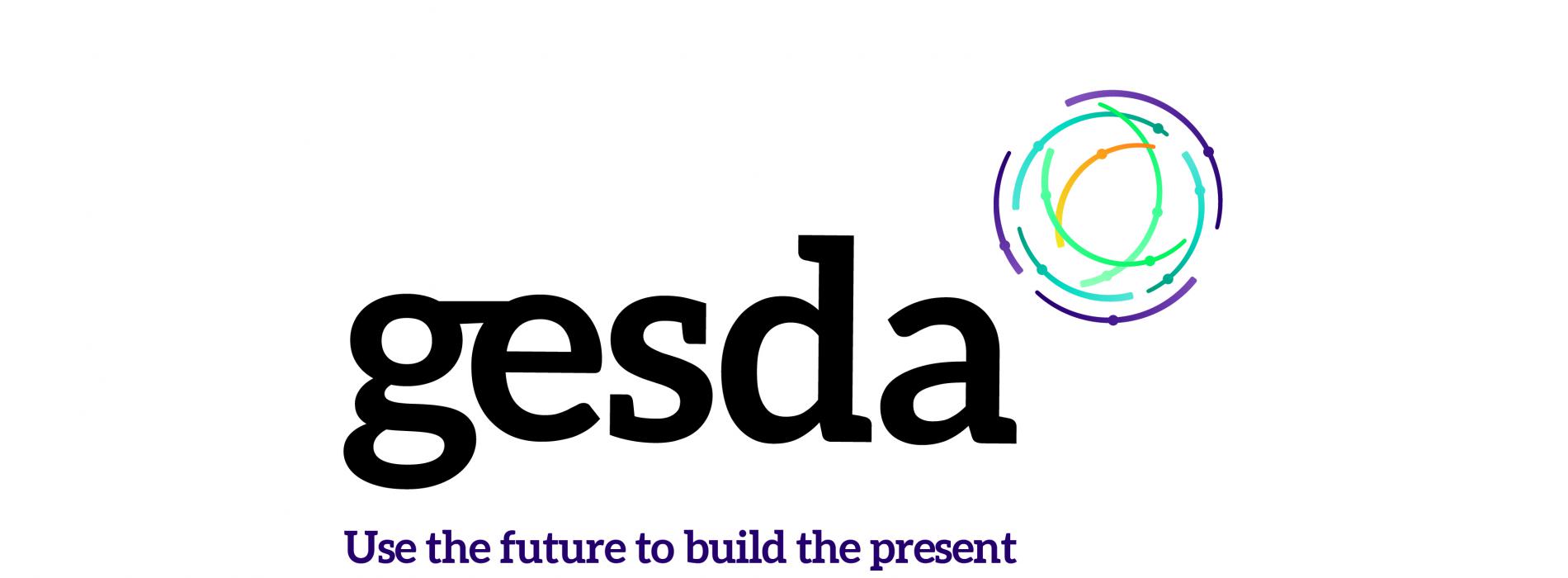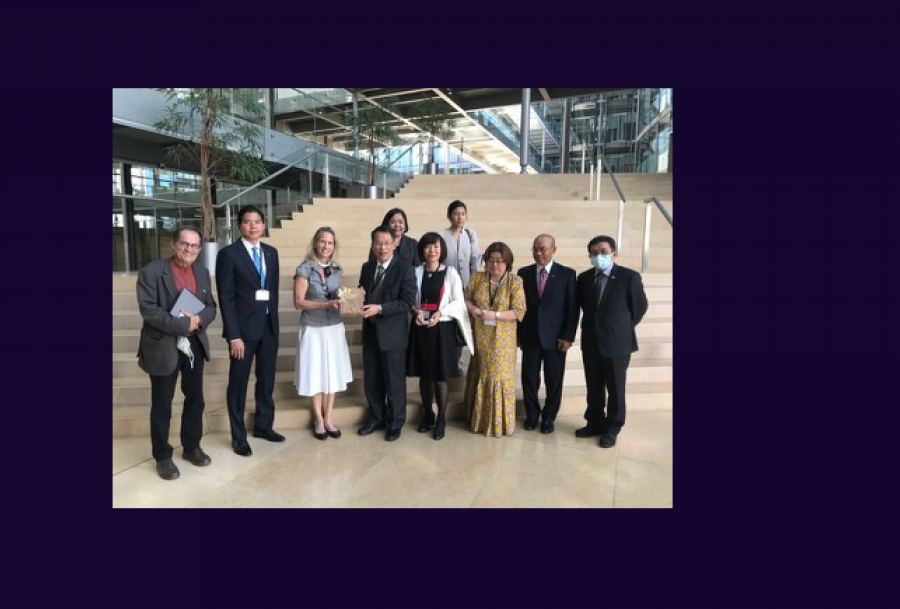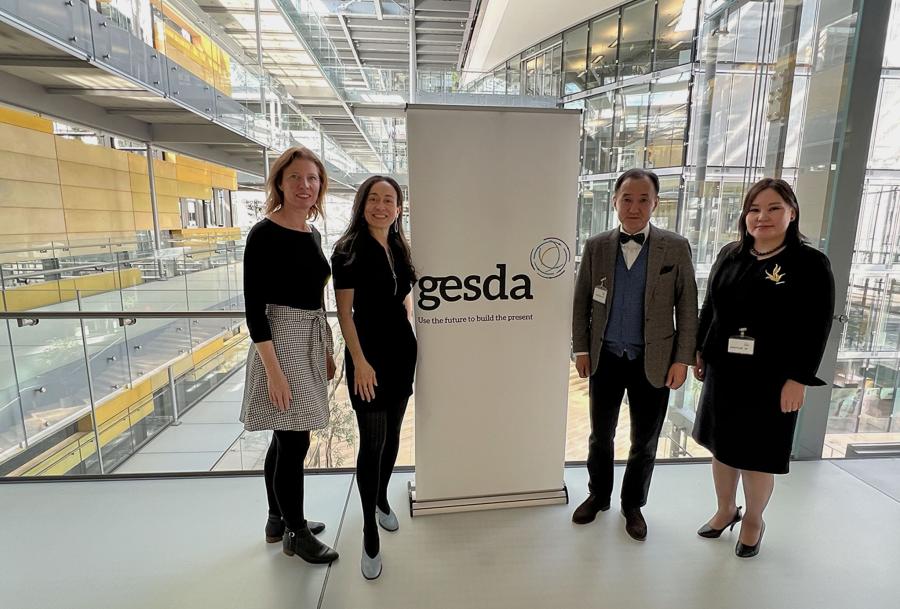
The Geneva Science and Diplomacy Anticipator (GESDA) Foundation was created in Geneva by Switzerland for the world as an innovative science and diplomacy tool for greater impact and multilateral effectiveness.
Driven by global leaders, GESDA addresses three fundamental questions tackling emerging challenges:
- Who are we, as humans? What does it mean to be human in the era of robots, gene editing and augmented reality?
- How can we all live together? Which technologies can be deployed to help reduce inequality, improve well-being and foster inclusive development?
- How can we ensure the well-being of humankind and the sustainable future of our planet? How can we supply the world population with the necessary food and energy while regenerating our planet?
Why GESDA?
The world is experiencing breakthroughs in science and technology at an unprecedented pace, while humanity, now more than ever, is facing global challenges, putting people and the planet under stress and in great uncertainty.
Anticipation is therefore key to build the future, with the aim of early and fully exploiting this scientific potential for the well-being and inclusive development of all.
Our mission
The Foundation’s Board of Directors chose to work at the convergence of digitalization, medicine, ecology, policy, diplomacy, natural and human sciences. It selected the following four scientific frontier issues and related emerging challenges to start with: Quantum Revolution & Advanced Artificial Intelligence, Human Augmentation, Eco-regeneration & Geoengineering, Science & Diplomacy.
With this in mind, GESDA was founded to:
- Anticipate the sciences advances emerging in 5, 10 and 25 years by working with the best labs in the world.
- Accelerate diplomacy by bringing various communities with different mindsets together in Geneva, to align on the emerging challenges and, to address them, use the best tools based on the anticipated science.
- Translate them into impactful solutions by mobilizing the resources for a sustainable outcome. Potential solutions could include setting up a new international regulatory body or organization on specific anticipatory science and technology issues, or hosting, in Geneva, a series of high-level dialogues around anticipatory science, between International Organisations, business and civil society/citizen representatives in assisting the transition around an emerging technology.

